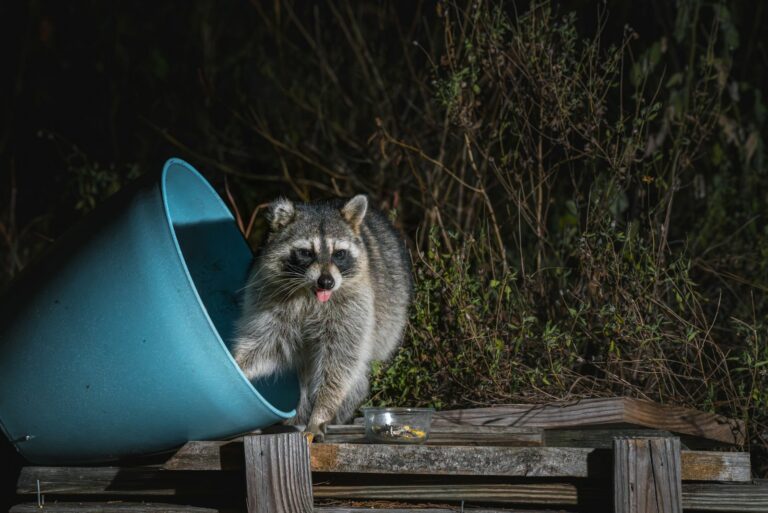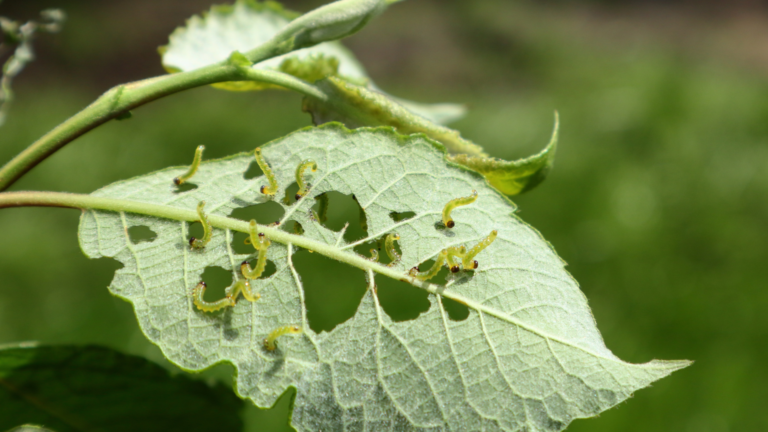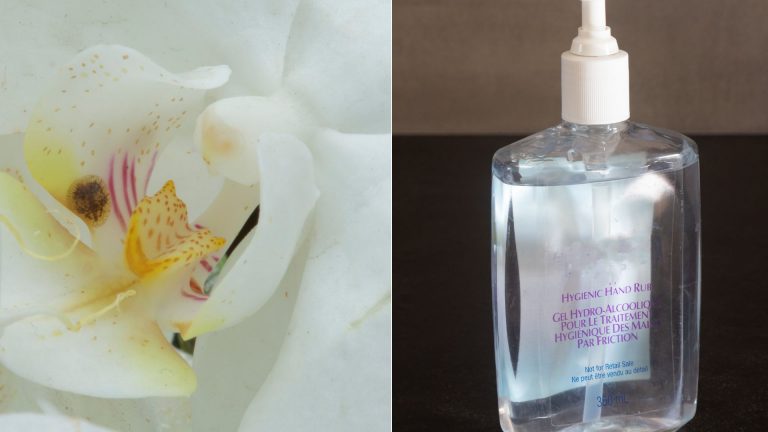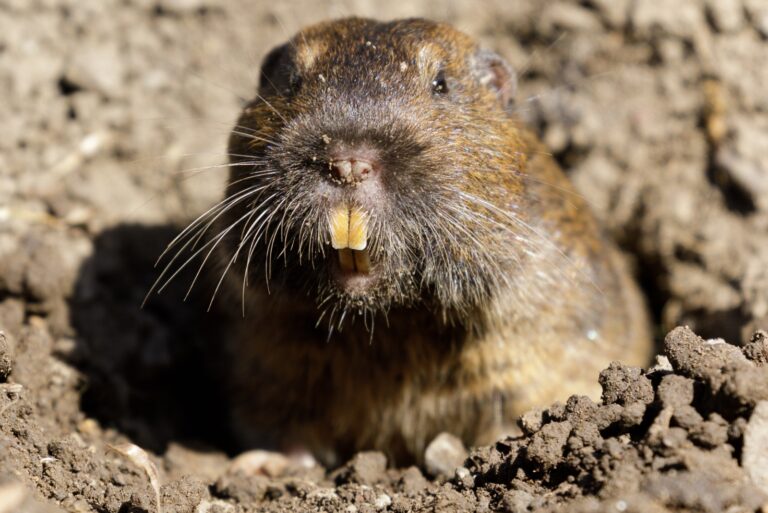Discover 16 Smells That Skunks Absolutely Hate

Skunks are notorious for their awful spray—but did you know they can’t stand certain smells too? These scent-sensitive critters rely on their noses to navigate, and some strong odors will send them running in the opposite direction.
If you want to keep skunks out of your yard, garden, or under your deck, these 16 smells are your safe, natural defense.
1. Citrus Peels
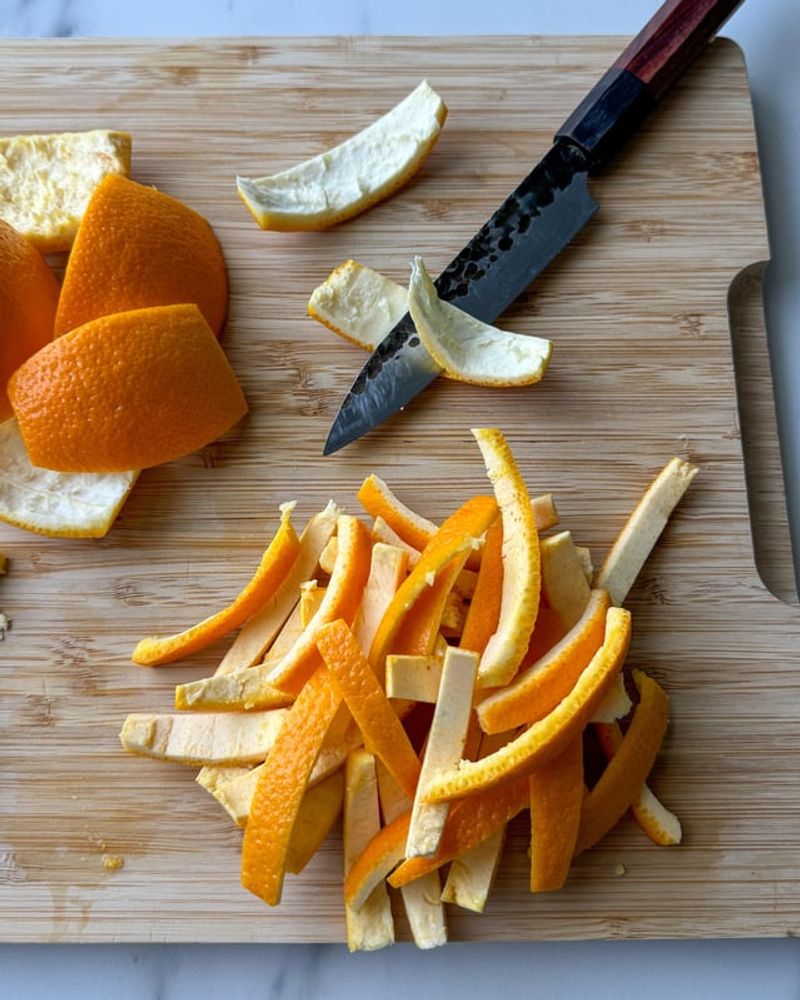
Skunks wrinkle their noses at the sharp, tangy scent of orange, lemon, and grapefruit peels. The natural oils in citrus fruits contain compounds that overwhelm a skunk’s sensitive olfactory system. Scatter fresh peels around your garden borders or near potential den sites.
Replace them every few days as the scent fades. For a stronger effect, make a citrus spray by boiling peels in water and spraying the cooled liquid around your yard.
2. Predator Urine
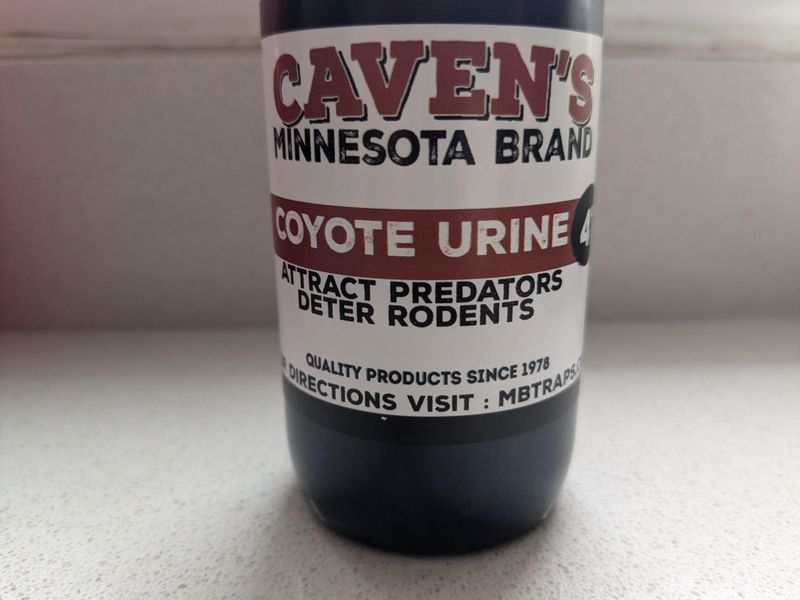
Nothing sends a skunk scampering faster than the scent of natural predators. Fox, coyote, and dog urine trigger a skunk’s survival instincts, creating an immediate flight response in these cautious creatures. Commercial predator urine products come in granules or liquid forms designed for outdoor use.
Apply around the perimeter of your property every 7-10 days, especially after rain. The smell signals danger to skunks without being noticeable to humans from a distance.
3. Hot Peppers
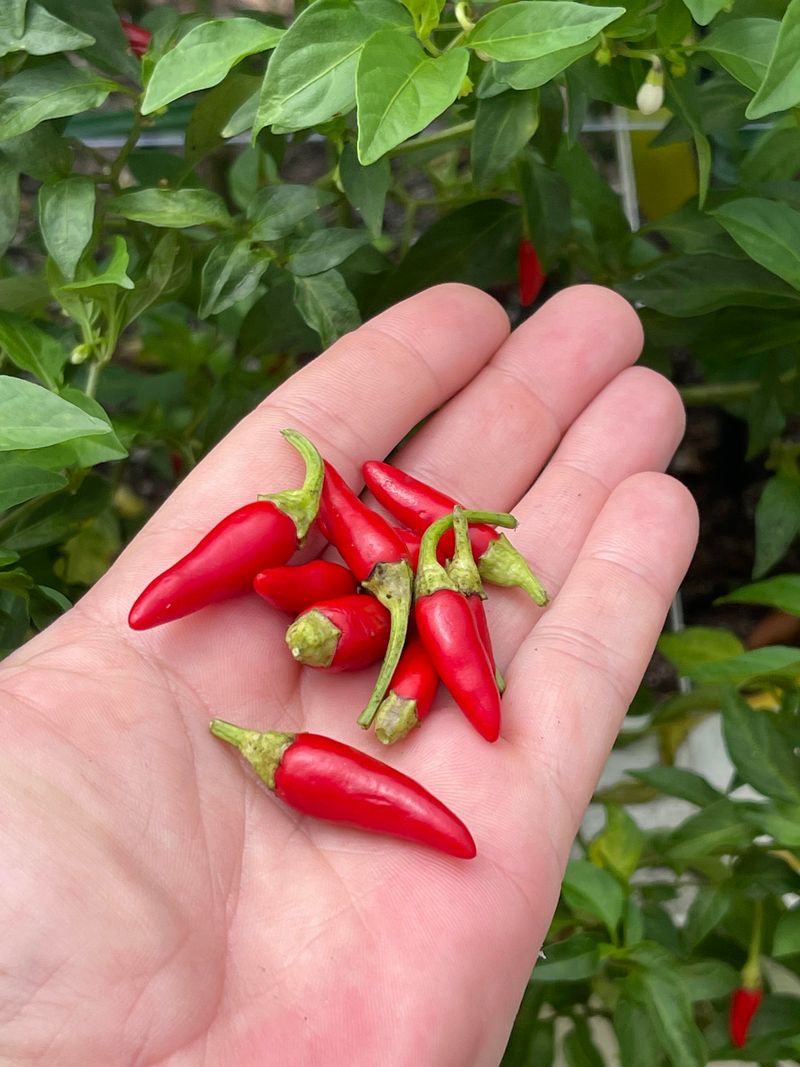
Capsaicin, the compound that gives peppers their heat, creates an intense burning sensation in a skunk’s nose. Their sensitive mucous membranes can’t handle the spicy assault that hot peppers deliver. Create a potent spray by blending hot peppers with water and a drop of dish soap.
Strain and spray around entry points to your yard or garden. Cayenne pepper flakes sprinkled around problem areas work well too. Remember to reapply after rain or heavy dew for continued protection.
4. Mothballs
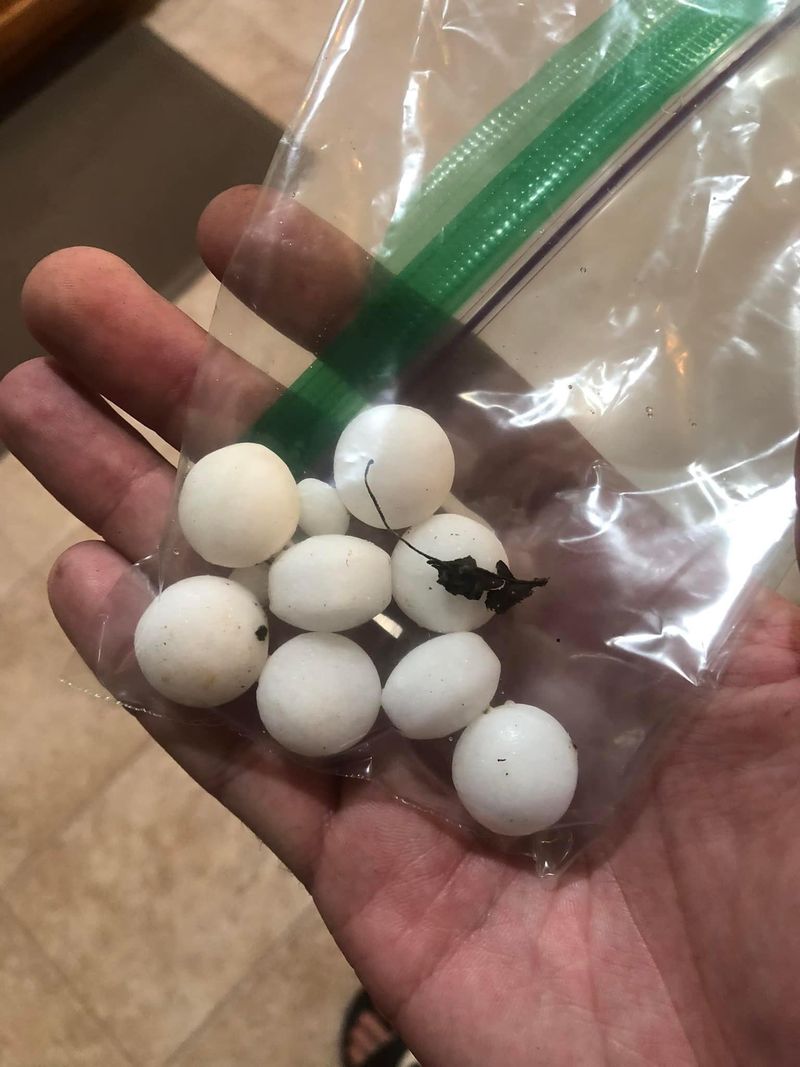
The pungent chemical smell of mothballs sends skunks in the opposite direction. Naphthalene, the active ingredient, irritates their respiratory system and smells downright offensive to their sensitive noses. Place mothballs in mesh bags or old socks near potential den sites or entry points.
Be careful not to scatter them loosely where pets or children might find them. Always use mothballs outdoors only and keep them contained, as they’re toxic if ingested by people, pets, or wildlife.
5. Coffee Grounds
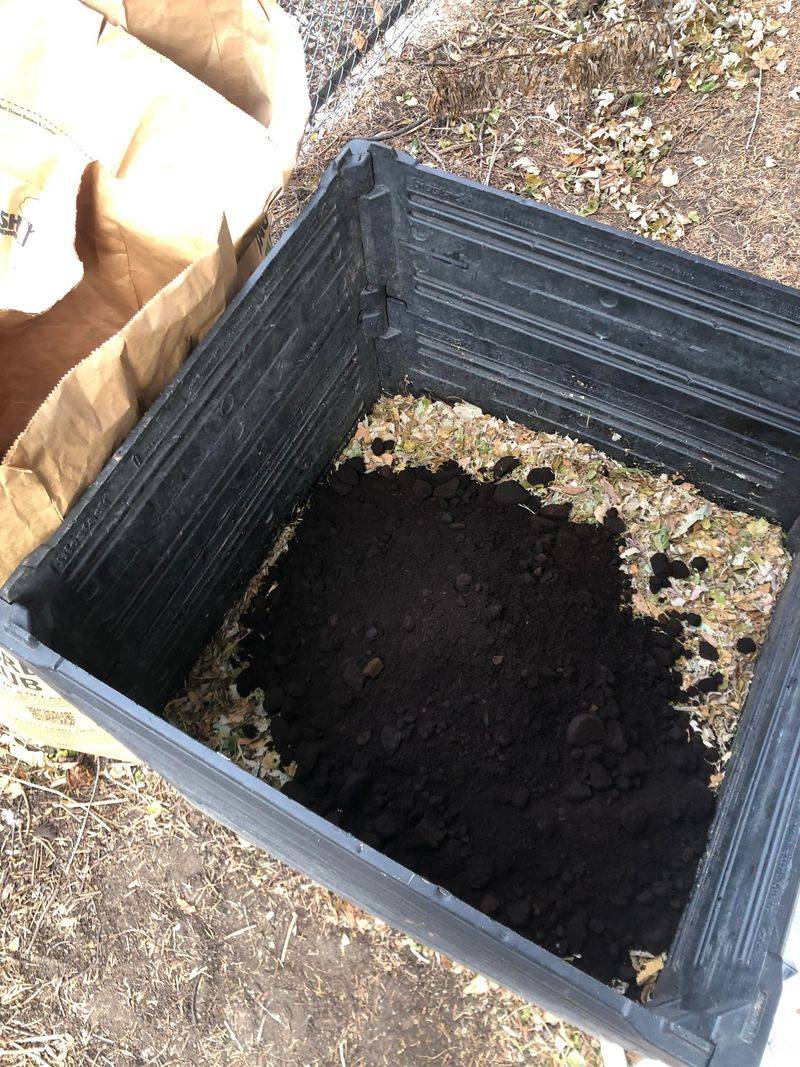
Your morning brew leftovers can pull double duty as skunk repellent! Used coffee grounds contain nitrogen and strong aromatic compounds that mask food smells and irritate skunk noses. Sprinkle used grounds around garden beds, trash cans, or under decks where skunks might seek shelter.
As a bonus, coffee grounds also enrich your soil as they decompose. Many coffee shops give away used grounds for free, making this an economical solution for large properties.
6. Ammonia
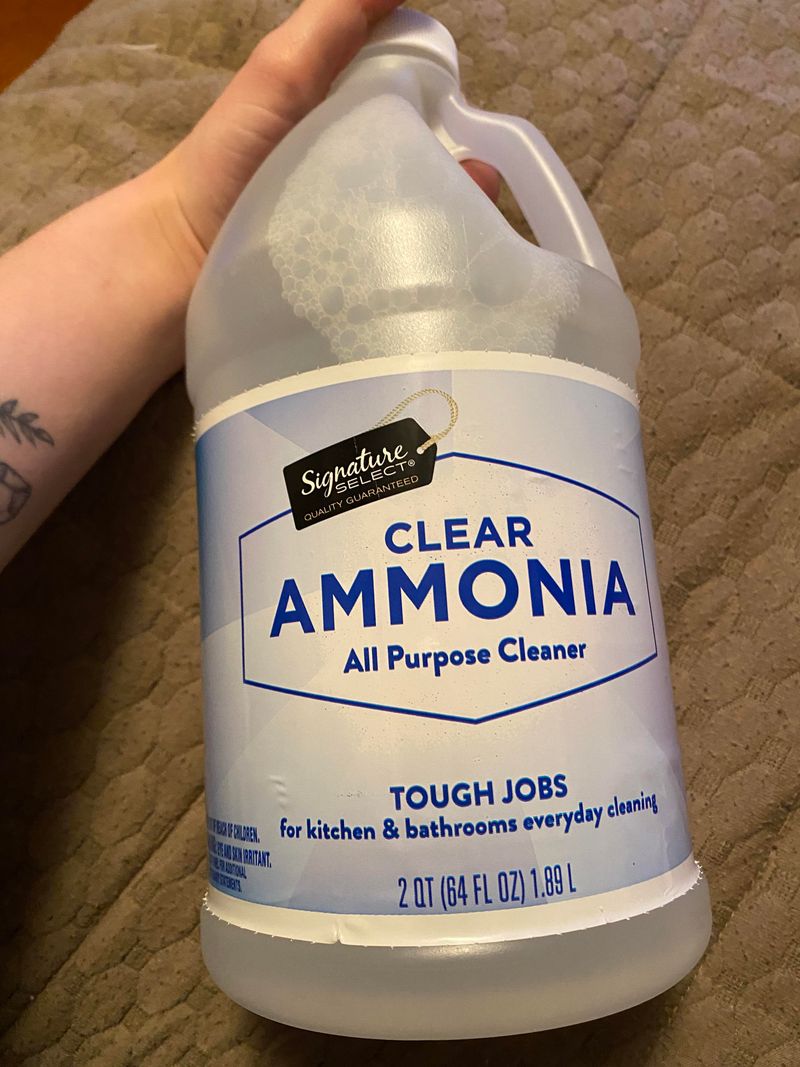
Ammonia’s harsh, eye-watering scent mimics predator urine and sends skunks running. The chemical triggers their instinctive fear response, making your property feel unsafe to them. Soak rags in ammonia and place them in sealed containers with small holes punched in the lids.
Position these containers near skunk hangouts, ensuring pets and children can’t access them. Replace the ammonia every few days to maintain potency, especially after rainfall dilutes the scent.
7. Vinegar
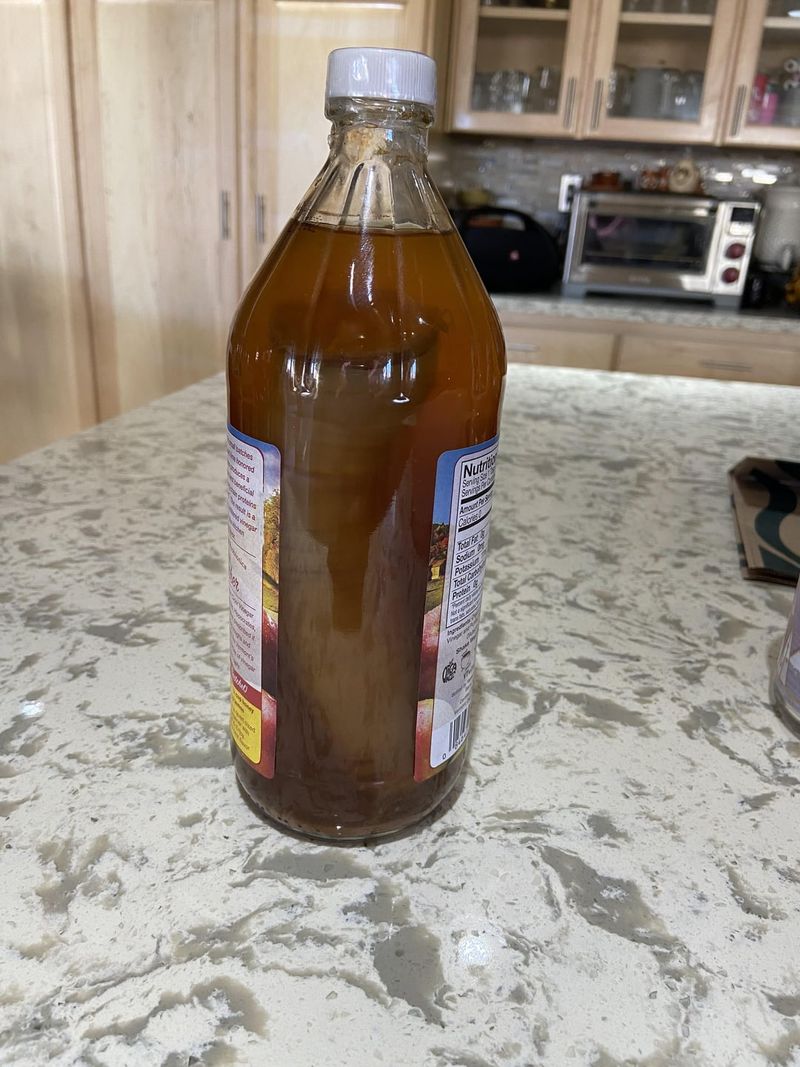
Vinegar’s acidic aroma overwhelms a skunk’s sensitive nose, creating an invisible barrier they won’t cross. White vinegar works well, but apple cider vinegar has an even stronger effect on these cautious creatures.
Fill shallow dishes with vinegar and place them around your yard, or spray diluted vinegar on fences and potential entry points. The smell dissipates for humans after drying but remains detectable to skunks. Reapply every few days or after rain for continuous protection.
8. Garlic

Garlic’s potent sulfur compounds create an aromatic force field that skunks refuse to cross. The strong smell overwhelms their sensitive olfactory system and masks any food scents that might otherwise attract them.
Crush several cloves and boil them in water to make a powerful spray. Apply around your property’s perimeter, focusing on entry points and potential den locations. For extra strength, mix with hot peppers or vinegar for a super-repellent that no skunk will tolerate.
9. Mint Plants
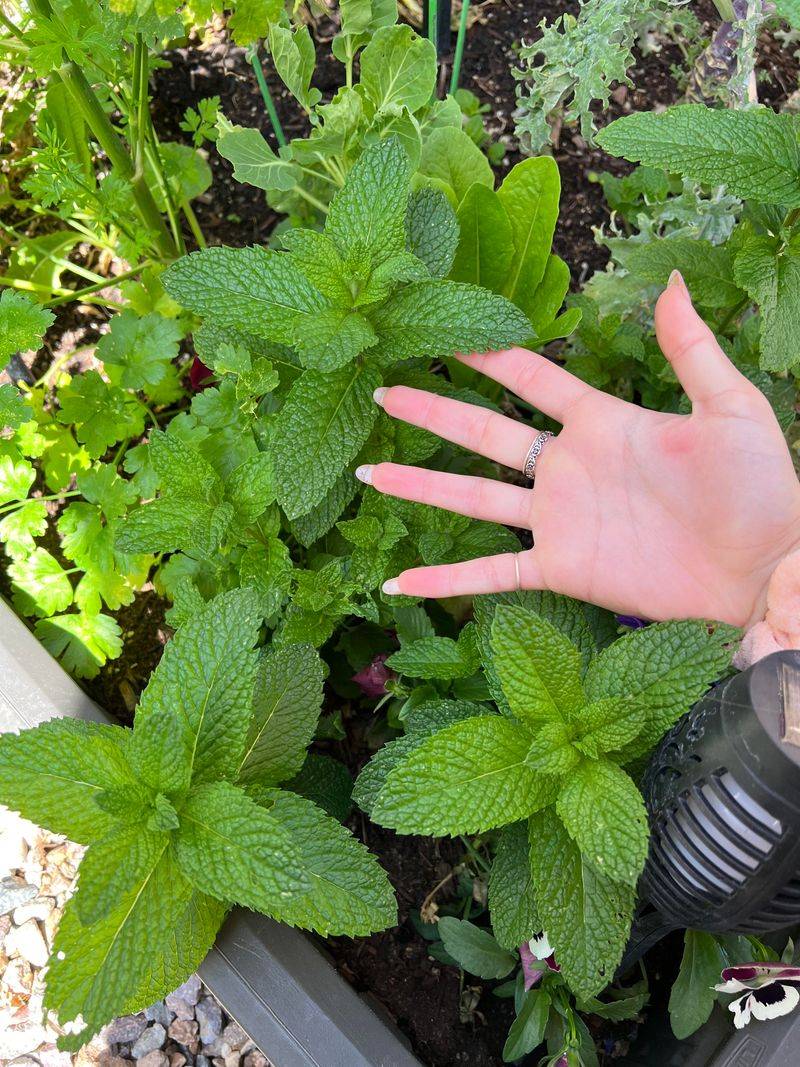
Mint plants produce natural oils that smell refreshing to humans but overwhelm a skunk’s sensitive nose. The strong menthol scent interferes with their ability to detect food and potential mates. Plant mint varieties like peppermint or spearmint around your garden perimeter or in containers near entry points.
Crushing a few leaves releases more oils and strengthens the repellent effect. As an added benefit, mint deters many other garden pests while attracting beneficial pollinators.
10. Castor Oil
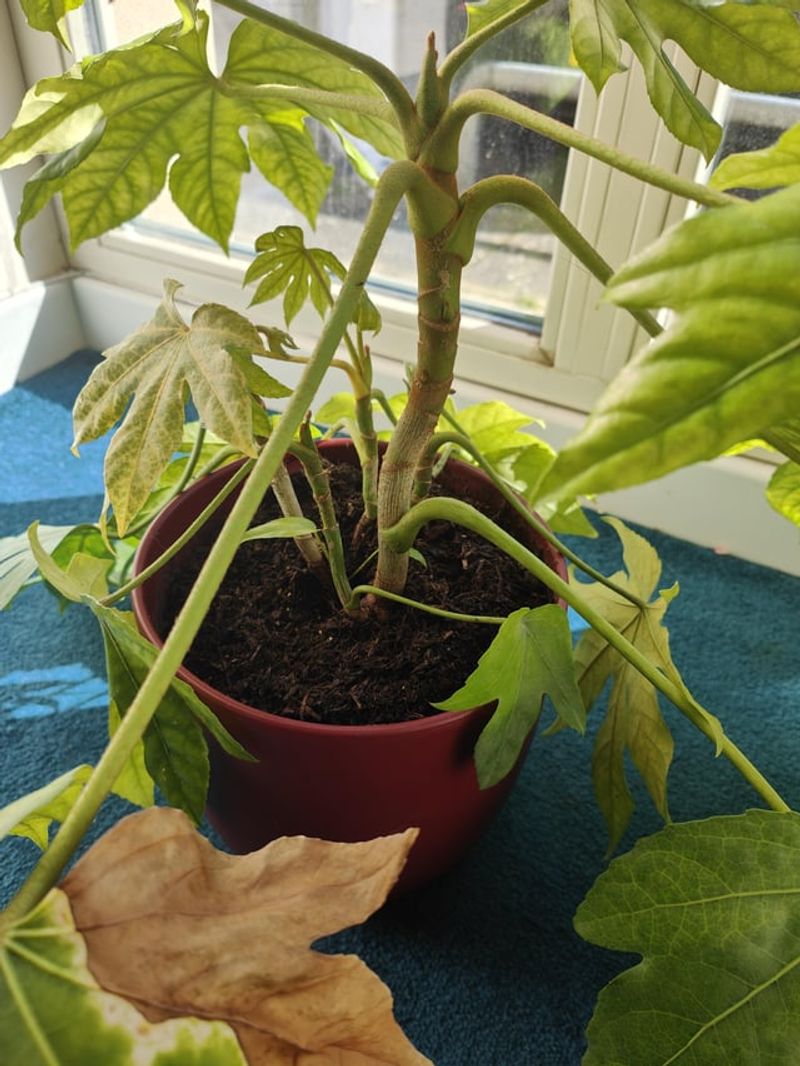
Castor oil has a distinctive smell that disrupts a skunk’s sensitive nose receptors. When absorbed into soil, it creates an unpleasant environment that skunks actively avoid. Mix castor oil with dish soap and water to create a spray that sticks to surfaces longer.
Apply to soil, mulch, and around foundations where skunks might dig. Many commercial skunk repellents use castor oil as their active ingredient, but making your own costs significantly less for the same effect.
11. Onions
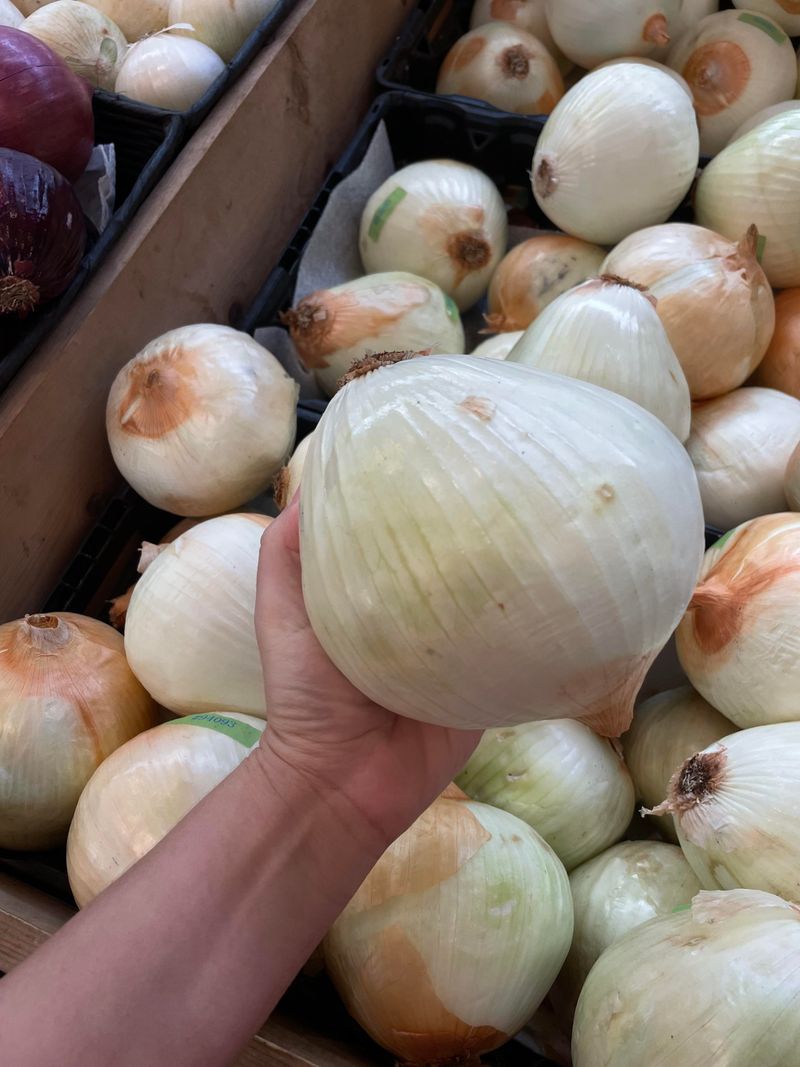
Fresh-cut onions release sulfur compounds that make skunks’ eyes water and irritate their sensitive nasal passages. The pungent aroma overwhelms their sense of smell, making your yard an uncomfortable place for them. Slice onions and place them in mesh bags around problem areas.
Replace them every few days as they dry out and lose potency. For a stronger effect, blend onions with water and spray the mixture around your property’s perimeter and potential entry points.
12. Soap Products
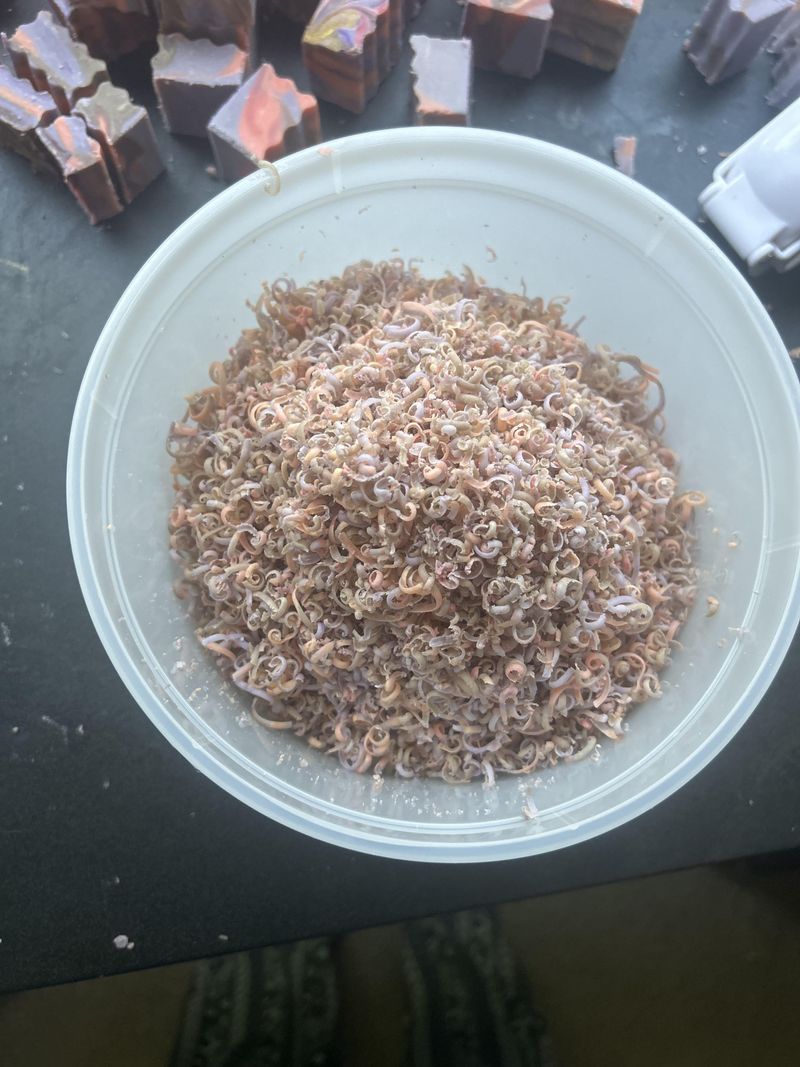
Strong-smelling soaps contain chemicals and fragrances that overwhelm a skunk’s sensitive nose. Irish Spring soap, in particular, has earned a reputation as an effective skunk deterrent among many homeowners.
Grate bar soap and sprinkle the shavings around your garden or place whole bars in mesh bags near entry points. The smell intensifies when it rains, refreshing the repellent effect naturally. Replace soap every few weeks or when the scent begins to fade.
13. Cucumber Peels
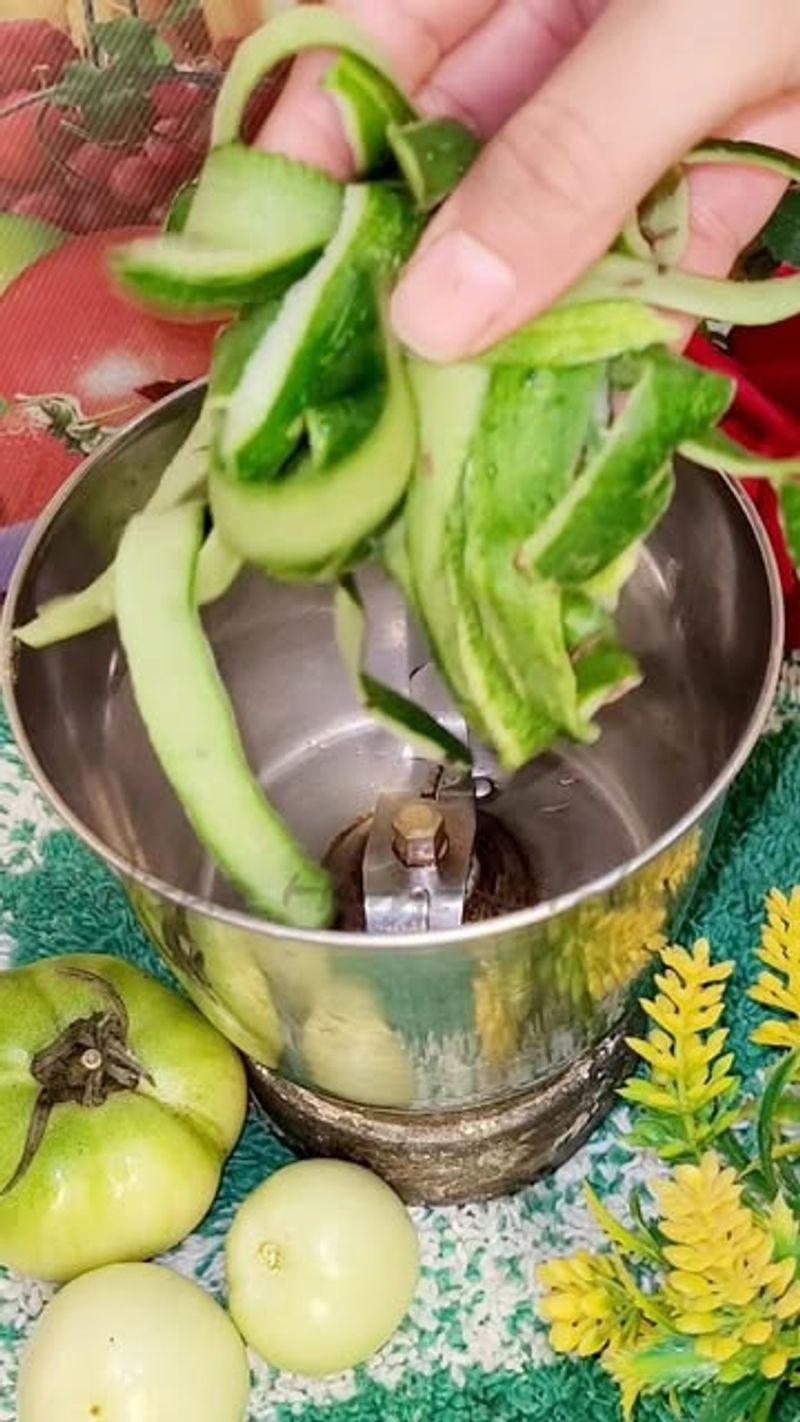
Cucumber peels contain compounds that create a bitter, unpleasant sensation in a skunk’s mouth and nose. Research suggests these compounds trigger fear responses in many rodents and similar animals. Save your cucumber peels after making salads and scatter them around your garden or potential skunk hangouts.
Replace them every couple of days as they dry out. For a more potent effect, blend cucumber peels with water and spray the mixture around your property’s perimeter and entry points.
14. Citronella Oil
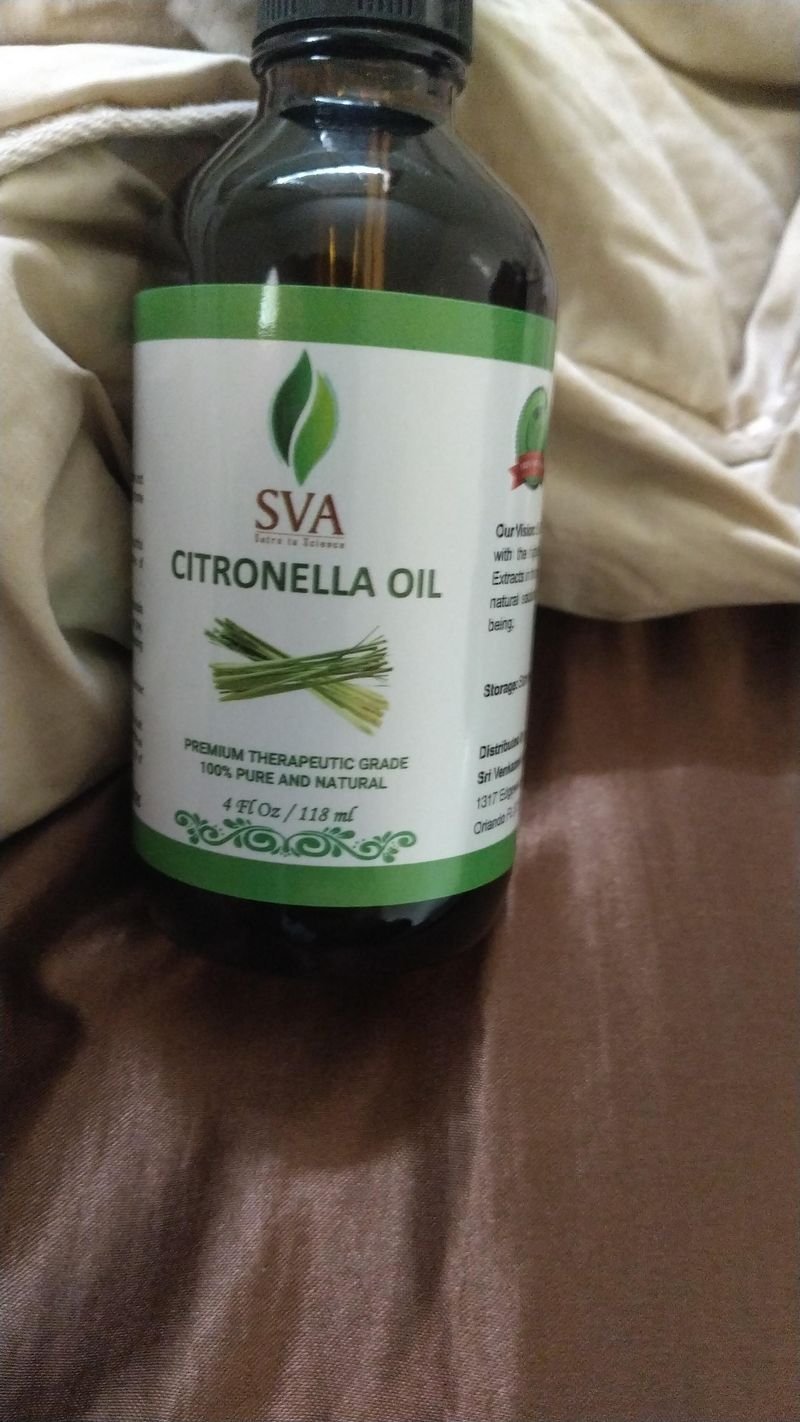
Citronella’s lemony, floral scent might seem pleasant to humans, but skunks find it overpowering and irritating. The oil contains compounds that stimulate nerve endings in their sensitive noses. Soak cotton balls in citronella oil and place them in small containers with holes around your yard.
Citronella candles or torches serve double duty by repelling both skunks and mosquitoes during summer evenings. Reapply oil to cotton balls every few days to maintain effectiveness.
15. Dog Fur
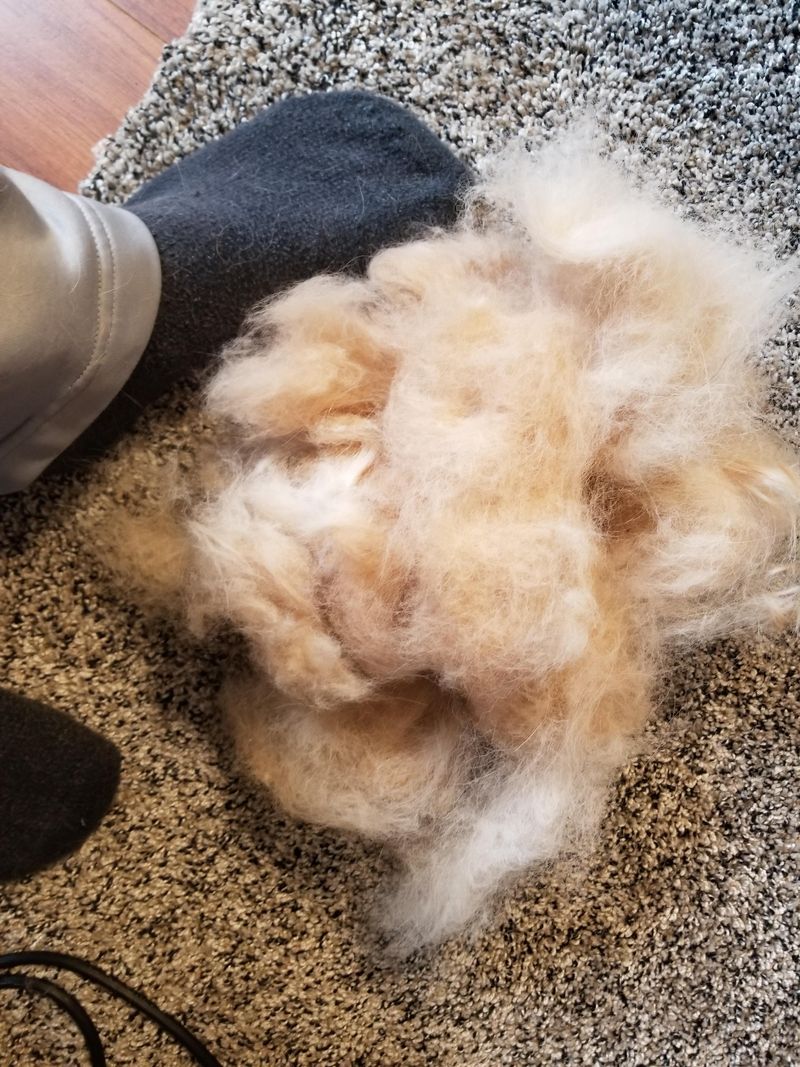
Skunks instinctively avoid areas where predators live, and nothing signals “danger” quite like the scent of dog fur. Even when no dog is present, the lingering smell suggests a predator might return at any moment.
After brushing your dog, collect the fur and place it in mesh bags or scatter it around your garden borders. The fur contains natural oils that carry your dog’s scent. Replace the fur every couple of weeks or after heavy rain to maintain the deterrent effect.
16. Pine Needles
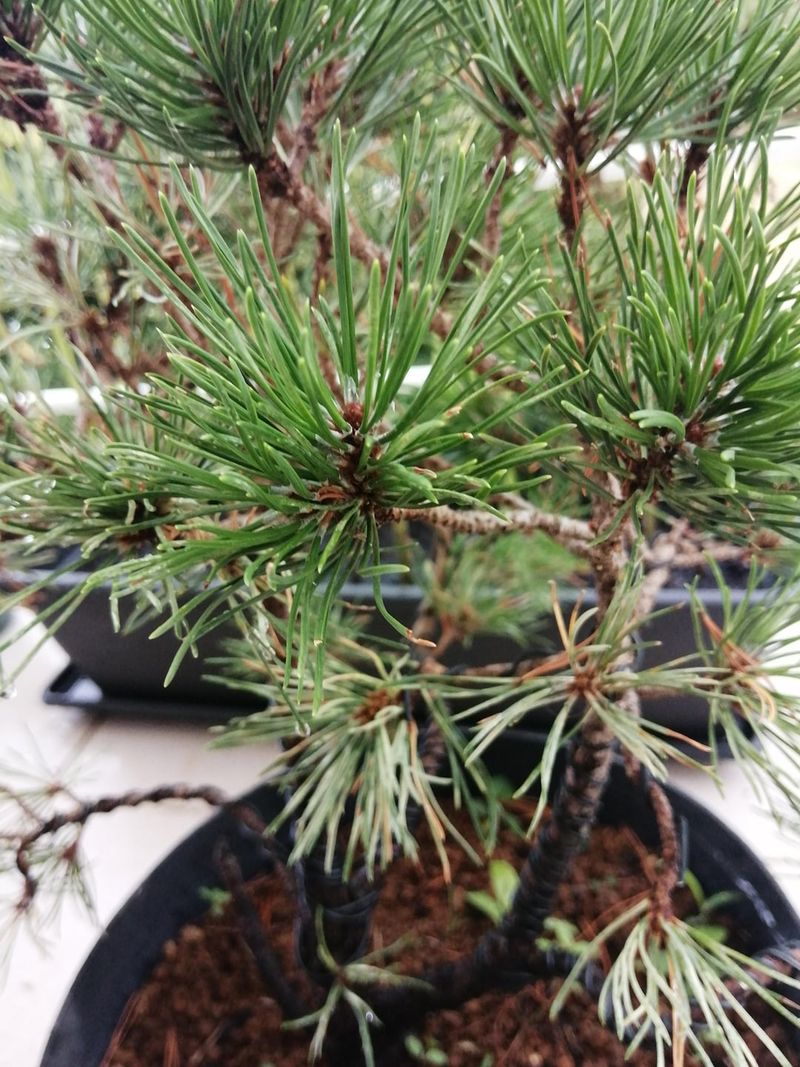
Pine needles release terpenes that create a strong, resinous scent skunks find overwhelming. Their sharp, aromatic smell masks food odors and irritates sensitive skunk noses. Collect fallen pine needles and create a thick mulch layer around your garden perimeter or near potential den sites.
Crush some needles to release more oils and intensify the repellent effect. As a bonus, pine needle mulch helps retain soil moisture and gradually adds acidity to the soil as it breaks down.

